歡迎訪問濟(jì)南科爾超聲波設(shè)備有限公司網(wǎng)站!
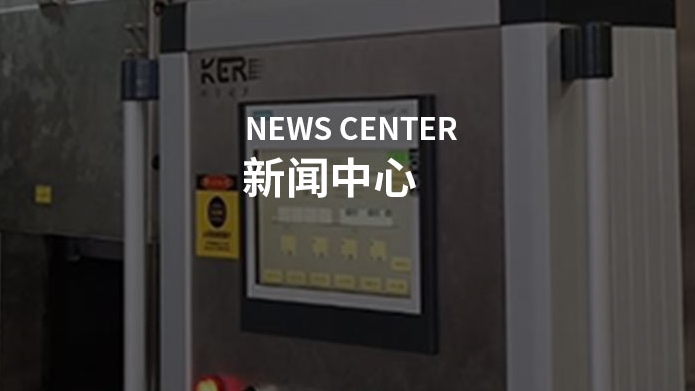

新聞資訊
超聲波清洗機(jī)如何清洗顏料?
作者:admin來源:http://cmicroentropy.com/時(shí)間:2023-04-15
超聲波清洗機(jī)是一種利用高頻率的超聲波振動(dòng)產(chǎn)生的微小氣泡在液體中瞬間形成并破裂,產(chǎn)生強(qiáng)烈的沖擊力和渦流,從而達(dá)到清洗材料表面的目的的清洗設(shè)備。其可以清洗各種類型的污染物,其中顏料污染物也可以通過超聲波清洗機(jī)進(jìn)行清洗。下面將介紹超聲波清洗機(jī)如何清洗顏料污染物的相關(guān)內(nèi)容。
Ultrasonic cleaning machine is a cleaning equipment that uses small bubbles generated by high-frequency ultrasonic vibration to instantly form and rupture in a liquid, generating strong impact and eddy currents, thereby achieving the purpose of cleaning the surface of materials. It can clean various types of pollutants, among which pigment pollutants can also be efficiently cleaned using an ultrasonic cleaning machine. The following will introduce how ultrasonic cleaning machines clean pigment pollutants.
一、清洗原理
1、 Cleaning principle
顏料污染物通常與材料表面緊密附著,不易被傳統(tǒng)清洗方法。而超聲波清洗機(jī)在清洗顏料污染物時(shí),可以通過高頻率的超聲波振動(dòng)產(chǎn)生的微小氣泡在液體中瞬間形成并破裂,產(chǎn)生強(qiáng)烈的沖擊力和渦流,從而將顏料污染物分離并。
Pigment pollutants usually adhere closely to the surface of the material and are not easily removed by traditional cleaning methods. When ultrasonic cleaning machines clean pigment pollutants, tiny bubbles generated by high-frequency ultrasonic vibration can instantly form and rupture in the liquid, generating strong impact and eddy currents, thereby separating and removing pigment pollutants.
超聲波清洗機(jī)的清洗效果受多個(gè)因素影響,例如清洗液種類和濃度、超聲波頻率和功率、清洗時(shí)間等。對(duì)于顏料污染物的清洗,需要根據(jù)顏料的種類、嚴(yán)重程度和材料的性質(zhì)等因素選擇適當(dāng)?shù)那逑磪?shù)。
The cleaning effect of ultrasonic cleaning machines is influenced by multiple factors, such as the type and concentration of cleaning solution, ultrasonic frequency and power, and cleaning time. For the cleaning of pigment pollutants, appropriate cleaning parameters need to be selected based on factors such as the type, severity, and material properties of the pigment.
二、清洗步驟
2、 Cleaning steps
超聲波清洗機(jī)清洗顏料污染物的步驟如下:
The steps for cleaning pigment pollutants with an ultrasonic cleaning machine are as follows:
(1)選擇合適的清洗液
(1) Choose a suitable cleaning solution
清洗液是超聲波清洗的關(guān)鍵因素之一,它可以幫助分離和溶解顏料污染物。通常情況下,清洗液的選擇應(yīng)根據(jù)顏料的種類、嚴(yán)重程度和材料的性質(zhì)等因素進(jìn)行。一般而言,使用強(qiáng)溶劑會(huì)使清洗效果更好,但也可能導(dǎo)致對(duì)材料的損傷,因此應(yīng)根據(jù)實(shí)際情況選擇適當(dāng)?shù)那逑匆骸?/div>
Cleaning solution is one of the key factors in ultrasonic cleaning, which can help separate and dissolve pigment pollutants. In general, the selection of cleaning solution should be based on factors such as the type of pigment, severity, and material properties. Generally speaking, using strong solvents can improve the cleaning effect, but it may also cause damage to materials. Therefore, appropriate cleaning fluids should be selected based on the actual situation.


(2)將清洗液倒入清洗槽
(2) Pour the cleaning solution into the cleaning tank
將選擇好的清洗液倒入超聲波清洗機(jī)的清洗槽中,注意清洗液的濃度和清洗槽的容量應(yīng)根據(jù)清洗物的尺寸和數(shù)量進(jìn)行選擇。
Pour the selected cleaning solution into the cleaning tank of the ultrasonic cleaning machine, paying attention to the concentration of the cleaning solution and the capacity of the cleaning tank, which should be selected based on the size and quantity of the cleaning material.
(3)將清洗物放入清洗槽
(3) Put the cleaning material into the cleaning tank
將需要清洗的顏料污染物放入清洗槽中,注意不要過度堆放或重疊,以避免影響清洗效果
Place the pigment pollutants that need to be cleaned into the cleaning tank, taking care not to stack or overlap excessively to avoid affecting the cleaning effect
(4)選擇適當(dāng)?shù)那逑磪?shù)
(4) Select appropriate cleaning parameters
根據(jù)顏料的種類、嚴(yán)重程度和材料的性質(zhì)等因素,選擇適當(dāng)?shù)某暡l率、功率和清洗時(shí)間等參數(shù)。一般來說,超聲波頻率越高,清洗效果越好,但也會(huì)增加材料的損傷風(fēng)險(xiǎn);超聲波功率越高,清洗效果也越好,但同時(shí)也會(huì)增加清洗液的使用量和能源消耗。清洗時(shí)間應(yīng)根據(jù)顏料污染物的嚴(yán)重程度進(jìn)行選擇,一般情況下不需要過長時(shí)間的清洗。
Select appropriate parameters such as ultrasonic frequency, power, and cleaning time based on factors such as the type, severity, and material properties of the pigment. Generally speaking, the higher the ultrasonic frequency, the better the cleaning effect, but it also increases the risk of material damage; The higher the ultrasonic power, the better the cleaning effect, but it also increases the amount of cleaning fluid used and energy consumption. The cleaning time should be selected based on the severity of pigment pollutants, and generally does not require a long cleaning time.
(5)開啟超聲波清洗機(jī)進(jìn)行清洗
(5) Start the ultrasonic cleaning machine for cleaning
將清洗物放入清洗槽中,根據(jù)選擇的清洗參數(shù)開啟超聲波清洗機(jī)進(jìn)行清洗。在清洗過程中,清洗液中的超聲波振動(dòng)會(huì)產(chǎn)生強(qiáng)烈的沖擊力和渦流,幫助將顏料污染物從材料表面分離并溶解在清洗液中。
Place the cleaning material into the cleaning tank and start the ultrasonic cleaning machine according to the selected cleaning parameters for cleaning. During the cleaning process, the ultrasonic vibration in the cleaning solution generates strong impact and eddy currents, helping to separate pigment pollutants from the material surface and dissolve them in the cleaning solution.
(6)沖洗清洗物
(6) Rinse the cleaning material
在清洗結(jié)束后,需要將清洗物取出并用清水徹底沖洗干凈,以避免清洗液殘留在材料表面導(dǎo)致環(huán)境污染或材料損傷。徹底沖洗后,將清洗物晾干即可。
After cleaning, it is necessary to remove the cleaning material and thoroughly rinse it with clean water to avoid residual cleaning solution on the surface of the material causing environmental pollution or material damage. After thorough rinsing, air dry the cleaning material.
本文由通過式噴淋清洗機(jī)整理發(fā)布,您是不是對(duì)這些內(nèi)容有所了解了呢?更多的內(nèi)容請(qǐng)點(diǎn)擊: http://cmicroentropy.com 我們會(huì)有更多精彩內(nèi)容等你查看。
This article is organized and published by a spray cleaning machine. Do you have any understanding of these contents? For more information, please click on: http://cmicroentropy.com We will have more exciting content waiting for you to check out.
相關(guān)產(chǎn)品
相關(guān)文章
產(chǎn)品
文章
 公司:濟(jì)南科爾超聲波設(shè)備有限公司
公司:濟(jì)南科爾超聲波設(shè)備有限公司  熱線:18663767799
熱線:18663767799 地址:山東省濟(jì)南市濟(jì)陽區(qū)創(chuàng)業(yè)路與啟航街交叉口南40米
地址:山東省濟(jì)南市濟(jì)陽區(qū)創(chuàng)業(yè)路與啟航街交叉口南40米




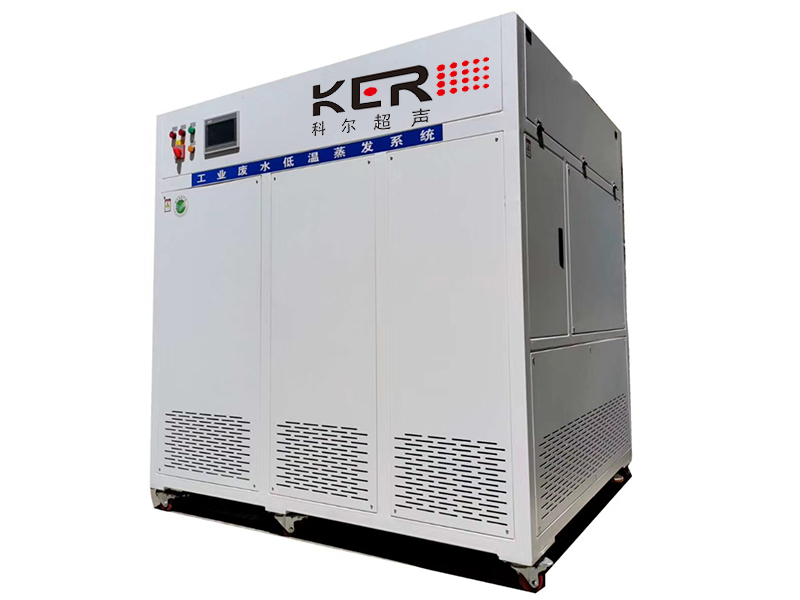
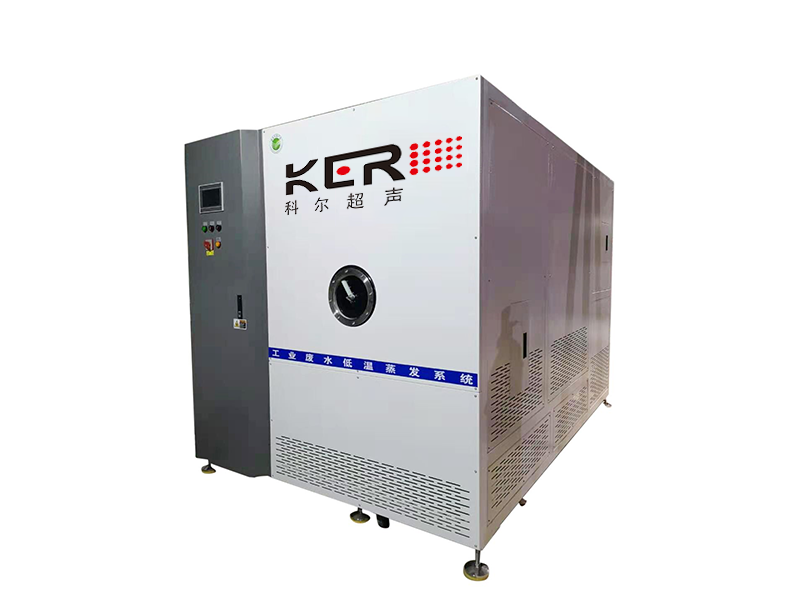
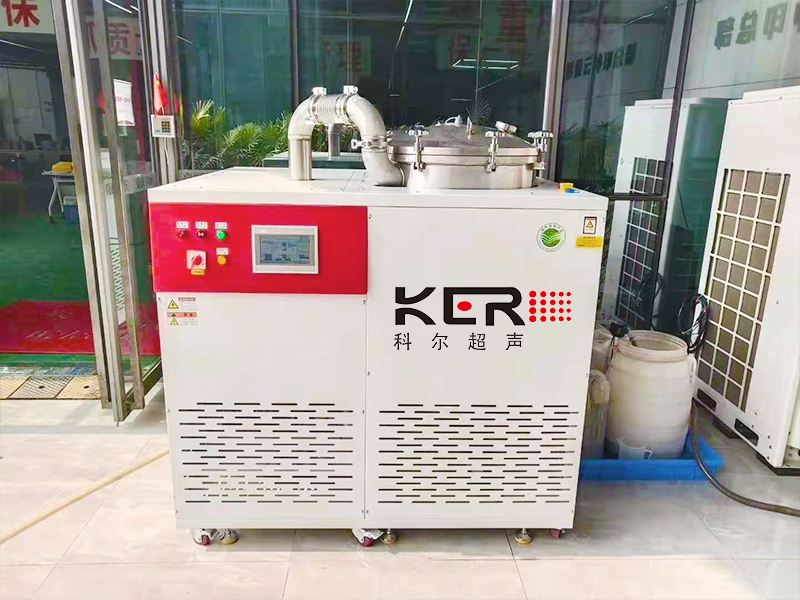
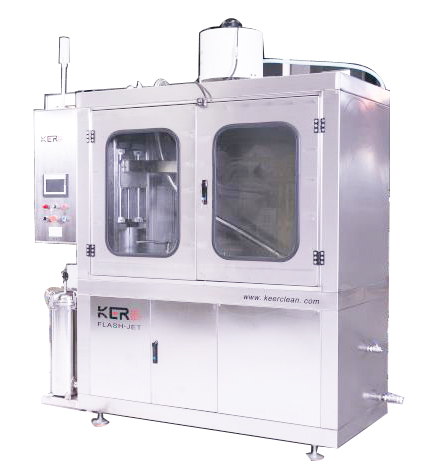
 新聞資訊
新聞資訊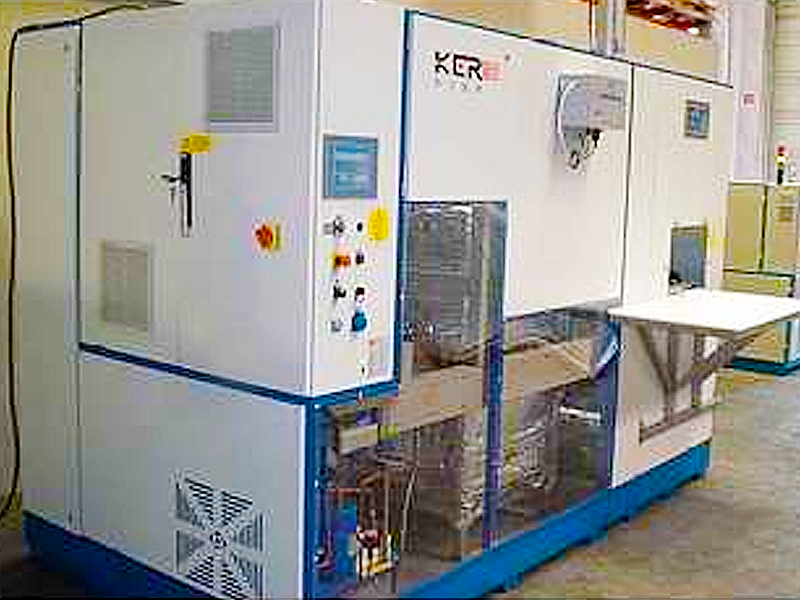
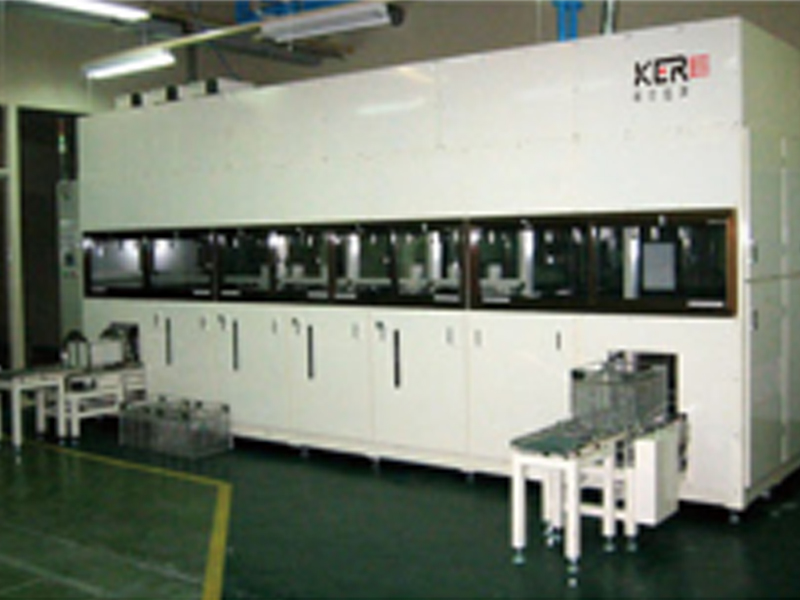
 聯(lián)系我們
聯(lián)系我們
 咨詢電話:18663767799
咨詢電話:18663767799 E-MAIL:jnkergs@163.com
E-MAIL:jnkergs@163.com 地址:山東省濟(jì)南市濟(jì)陽區(qū)創(chuàng)業(yè)路與啟航街交叉口南40米
地址:山東省濟(jì)南市濟(jì)陽區(qū)創(chuàng)業(yè)路與啟航街交叉口南40米 魯公網(wǎng)安備 37011202001385號(hào)
魯公網(wǎng)安備 37011202001385號(hào)
